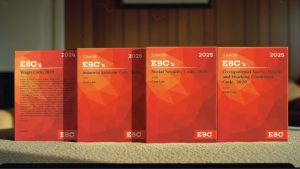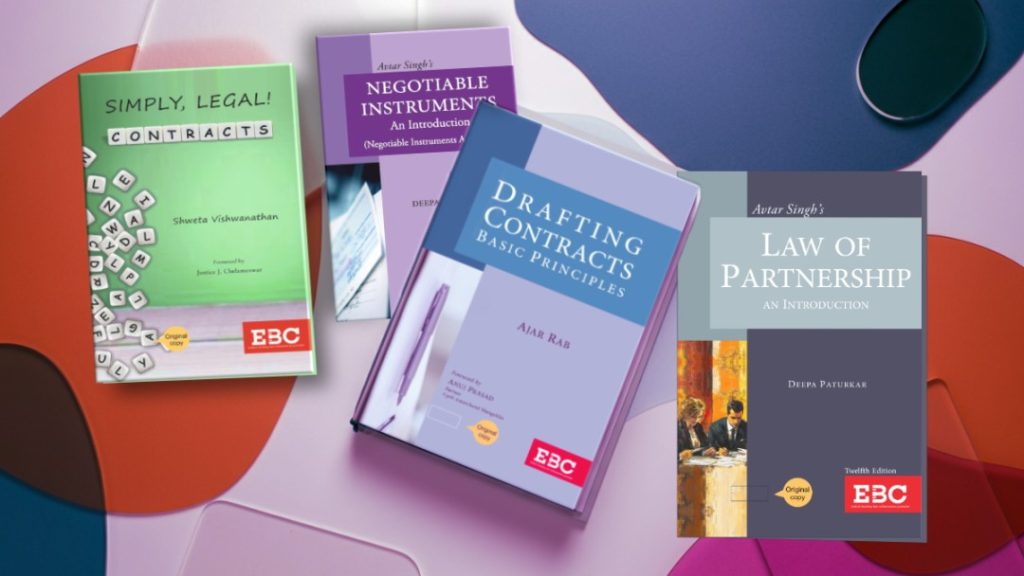
Whether you’re a student building your foundation or a professional navigating complex transactions, having the right commercial law books is essential. This curated list highlights must-read texts that cover core principles and emerging trends in the field.
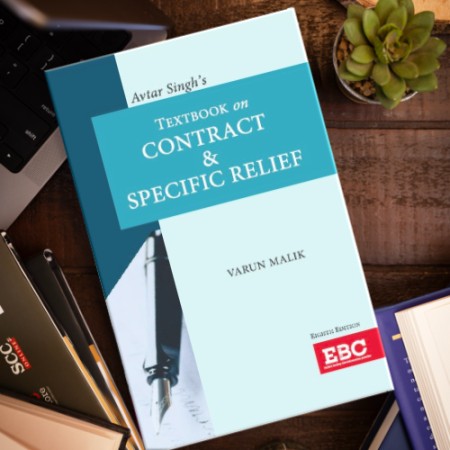
Avtar Singh’s Textbook on Law of Contract and Specific Relief
The latest edition of Dr. Avtar Singh’s Textbook on Contracts and Specific Relief is comprehensively revised, incorporating recent Supreme Court and High Court case law alongside all statutory amendments. It presents key principles from judicial pronouncements and legislation with clarity and brevity, tracing their common law origins. The edition also addresses practical aspects of contract drafting and dispute resolution, including topics like force majeure vs. frustration, arbitrability in fraud cases, and updated provisions under the Specific Relief Act. This concise and authoritative text is ideal for law students, practitioners, and anyone seeking a clear understanding of contract law.

Simply, Legal! Contracts
Shweta Vishwanathan, a NALSAR gold medallist and Assistant Director at the Sports Authority of India, authored Law of Contracts as part of EBC’s Simply, Legal! series to simplify Contract Law for learners. The book covers key topics across 14 chapters, including Offer, Acceptance, Consideration, Capacity, Free Consent, Damages, Special Contracts, and the Specific Relief Act, with practical examples and Bare Acts included. It also addresses current issues like force majeure in the Covid context. Suitable for both beginners and legal professionals, the book makes contract principles easy to understand and apply.
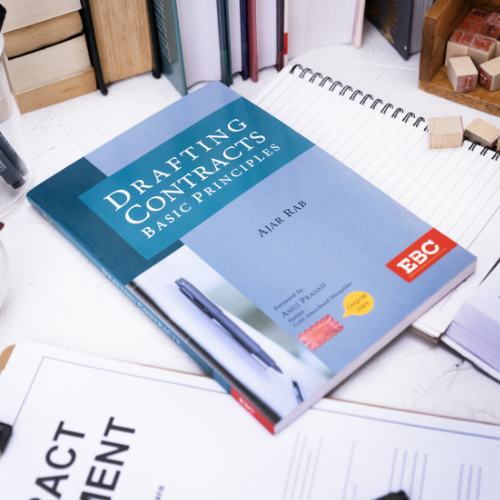
Drafting Contracts: Basic Principles
Ajar Rab’s Drafting Contracts – Basic Principles is a practical guide aimed at bridging the gap between theoretical legal education and real-world contract drafting. Divided into 12 chapters, the book covers the entire drafting process—from understanding client instructions and using precise contract language to designing terms, operative clauses, dispute resolution mechanisms, and reviewing agreements. It concludes with essential drafting checklists for practical use. Ideal for law students, fresh graduates, and laypersons, the book also serves as a quick refresher for professionals, offering a clear foundation in contract drafting skills.
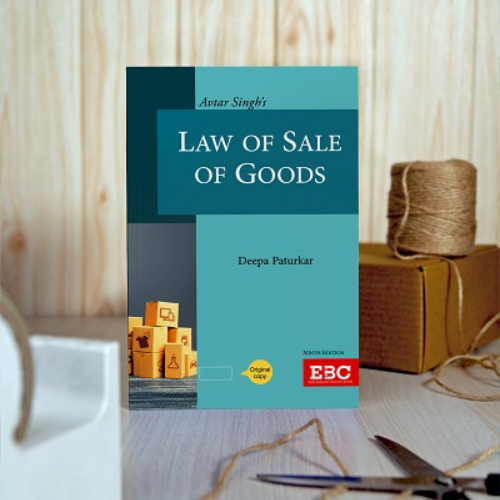
Avtar Singh’s Law of Sale of Goods
The 9th edition of Dr. Avtar Singh’s Law of Sale of Goods, revised by Dr. Deepa Paturkar, updates the classic text with recent case law and key legislative changes, including GST and the Consumer Protection Act, 2019. It covers evolving concepts like online sales, product liability, and supply under GST, while re-evaluating remedies for breach of contract. This edition reflects the growing complexity of modern transactions and includes access to EBC Explorer, Case Pilot™, and the SCC Online Blog™ for further learning.
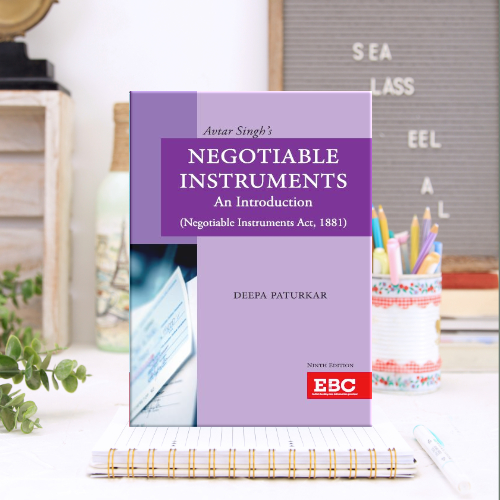
Avtar Singh’s Negotiable Instruments: An Introduction
The new edition of Dr. Avtar Singh’s Negotiable Instruments, revised by Dr. Deepa Paturkar, incorporates key statutory updates, including the Negotiable Instruments (Amendment) Act, 2018. It covers new provisions like Section 143A, allowing courts to award interim compensation up to 20% in cheque dishonour cases, and Section 148, enabling appellate courts to order a minimum deposit during appeals. A new chapter traces the evolution of negotiable instruments law, and recent landmark judgments, including Surinder Singh Deshwal v. Virender Gandhi, are discussed. This edition serves as a valuable resource for students, practitioners, and researchers alike.

Avtar Singh’s Law of Partnership: An Introduction
The new edition of Dr. Avtar Singh’s Negotiable Instruments, revised by Dr. Deepa Paturkar, incorporates key statutory updates, including the Negotiable Instruments (Amendment) Act, 2018. It covers new provisions like Section 143A, allowing courts to award interim compensation up to 20% in cheque dishonour cases, and Section 148, enabling appellate courts to order a minimum deposit during appeals. A new chapter traces the evolution of negotiable instruments law, and recent landmark judgments, including Surinder Singh Deshwal v. Virender Gandhi, are discussed. This edition serves as a valuable resource for students, practitioners, and researchers alike.











